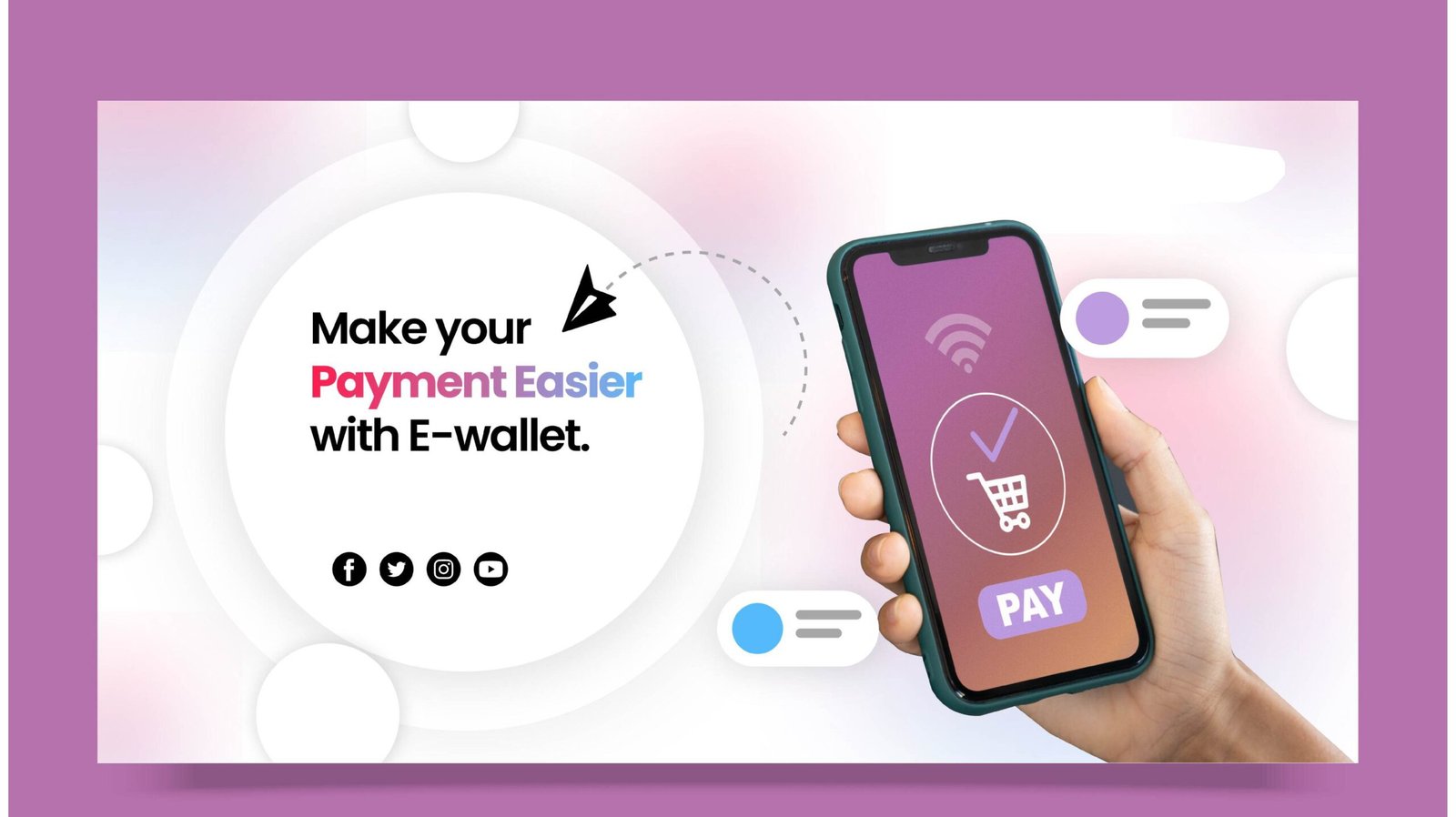The Evolution of PayPal: Revolutionizing Online Payments and Finance”
PayPal, founded in December 1998 by Max Levchin, Peter Thiel, and Luke Nosek, has become synonymous with online payments and financial transactions. Over the years, it has evolved from a simple online payment platform to a global fintech giant, reshaping the way individuals and businesses engage in financial transactions. This article explores the journey of PayPal, its key milestones, and the impact it has had on the world of online finance.
How Get 750$ From paypal. Details
- Founding and Early Days:
PayPal’s inception can be traced back to the merger of two financial companies, Confinity and X.com. Initially focusing on creating software for secure handheld devices, the founders soon shifted their focus to creating a secure online payment system. The company’s early days were marked by innovation and a commitment to providing a reliable and efficient payment solution.
- The eBay Connection:
One of the pivotal moments in PayPal’s history was its association with eBay. As eBay’s preferred payment method, PayPal experienced tremendous growth, becoming the go-to platform for online transactions within the eBay ecosystem. This partnership significantly boosted PayPal’s user base and solidified its position in the online payment industry.
- Acquisition by eBay and Subsequent Split:
In 2002, eBay acquired PayPal for $1.5 billion, recognizing the value of integrating a seamless payment system into its online marketplace. However, as both companies expanded, differences in strategic vision led to a split in 2015. PayPal once again became an independent publicly traded company, allowing it to explore new opportunities beyond eBay’s marketplace.
- Global Expansion and User Base:
Post-independence, PayPal embarked on a journey of global expansion. Today, it operates in over 200 markets, supporting more than 100 currencies. Its user base has grown exponentially, with millions of individuals and businesses relying on PayPal for sending and receiving payments, both locally and internationally.
- Innovations in Financial Technology:
Beyond its core function as an online payment platform, PayPal has been at the forefront of financial technology (fintech) innovations. The introduction of features like One Touch, Venmo (a peer-to-peer payment app), and partnerships with various financial institutions have reinforced PayPal’s commitment to staying ahead in the rapidly evolving fintech landscape.
- Adapting to Cryptocurrencies:
In recent years, PayPal has made significant strides in embracing cryptocurrencies. In 2020, it announced support for buying, selling, and holding cryptocurrencies like Bitcoin, Ethereum, and Litecoin. This move marked a major endorsement of digital currencies and opened up new possibilities for users to engage with alternative forms of financial assets.
- Challenges and Controversies:
Despite its success, PayPal has faced challenges and controversies, including issues related to security, account freezes, and disputes with users. These incidents have led to increased scrutiny and calls for enhanced consumer protection measures, prompting PayPal to continuously reassess and improve its security protocols.
- The Future of PayPal:
As technology continues to advance, PayPal remains committed to staying at the forefront of innovation. Its focus on artificial intelligence, machine learning, and blockchain technology suggests that the company is gearing up for a future where financial transactions are not only secure but also seamlessly integrated into the digital ecosystem.
Conclusion:
PayPal’s journey from a startup providing secure online payments to a global fintech powerhouse is a testament to its adaptability and commitment to innovation. As it continues to evolve, embracing new technologies and expanding its global footprint, PayPal is likely to play a central role in shaping the future of online finance.


